In addition to being named one of America’s 50 Best Hospitals by Healthgrades for a sixth straight year, Piedmont Fayette Hospital has also been named one of America’s 100 Best Hospitals for Stroke Care and one of Americas’ 100 Best Hospitals for Coronary Intervention. While Piedmont Fayette can provide excellent care for patients suffering from a stroke or heart attack, the biggest factor in creating positive outcomes is for a person to act quickly at the first signs of symptoms.
“Time means everything when it comes to a patient’s potential recovery from a stroke or other cardiac event,” said Paula Brathwaite, M.D., medical director of the Piedmont Fayette Emergency Department. “Although several areas in the hospital are currently caring for patients who have tested positive for COVID-19, there are procedures and processes in place to keep all of our patients safe. Your outcomes are far worse from a heart attack or stroke if you do not come to the hospital.”
A stroke occurs when the blood flow to the brain is interrupted due to a blockage or a ruptured blood vessel. When this happens, the brain doesn’t receive oxygen and glucose that is required to prevent brain cells from dying.
“The faster a stroke is recognized and treatment is provided to restore blood flow to the brain the greater chance disability will be reduced. Every minute nearly 2 million brain cells can die. Recognizing the symptoms and calling 911 immediately are the first steps to improving outcomes,” said Lisa Jackson, Stroke Program Manager at Piedmont Fayette.
The key to optimal recovery of a stroke and decreasing disability is to act F.A.S.T.:
- Face – look for an uneven smile
- Arm – check if one arm is weak
- Speech – listen for slurred speech
- Time – call 911 right away
Other signs of a stroke are what is known as “The Suddens,” which include sudden numbness or weakness, especially on one side of the body, sudden confusion or trouble understanding, sudden trouble seeing, sudden trouble walking, and/or a sudden severe headache with no known cause.
Fewer than 10 percent of people who suffer cardiac arrest survive. Cardiac arrest is when the heart completely stops suddenly without warning. The symptoms of cardiac arrest include chest pain or discomfort, irregular or rapid heartbeat, palpitations, nausea or vomiting, shortness of breath, dizziness, and fainting or near fainting. These symptoms may begin a few hours before a cardiac arrest. Cardiac arrest is caused by abnormal or irregular heart rhythms called arrhythmias. A heart attack refers to the death of heart muscle tissue due to the loss of blood supply, not necessarily resulting in the death of the victim. Symptoms of a heart attack include severe pressure and discomfort in the chest, as well as chest pain with shortness of breath, sweating, nausea, dizziness, weakness and/or irregular pulse.
“Call 911 immediately if you are experiencing symptoms of a stroke or cardiac event,” said Brathwaite. “Even while caring for COVID-19 patients, our emergency department is ready to help





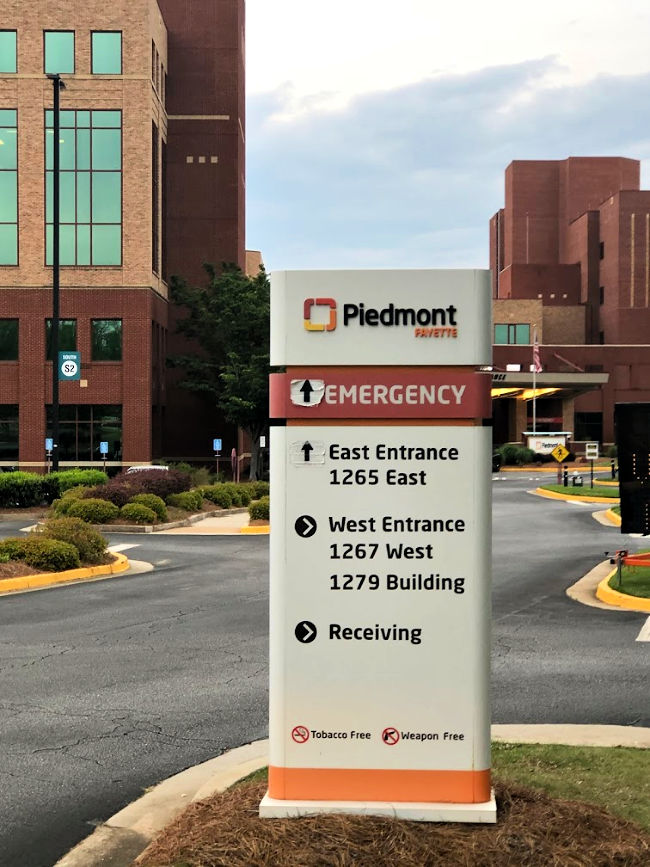


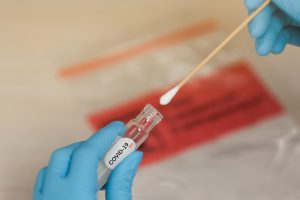

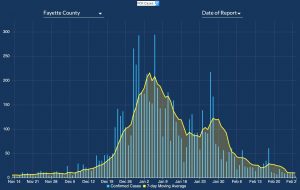
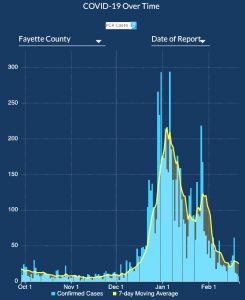
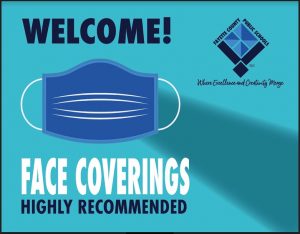
Leave a Comment
You must be logged in to post a comment.